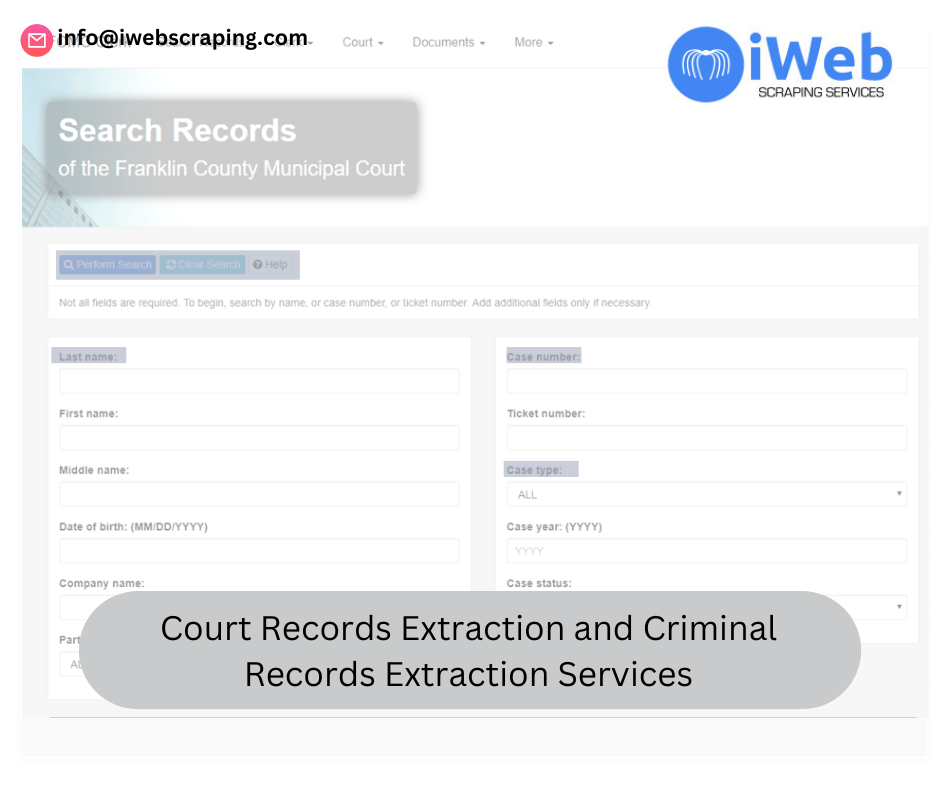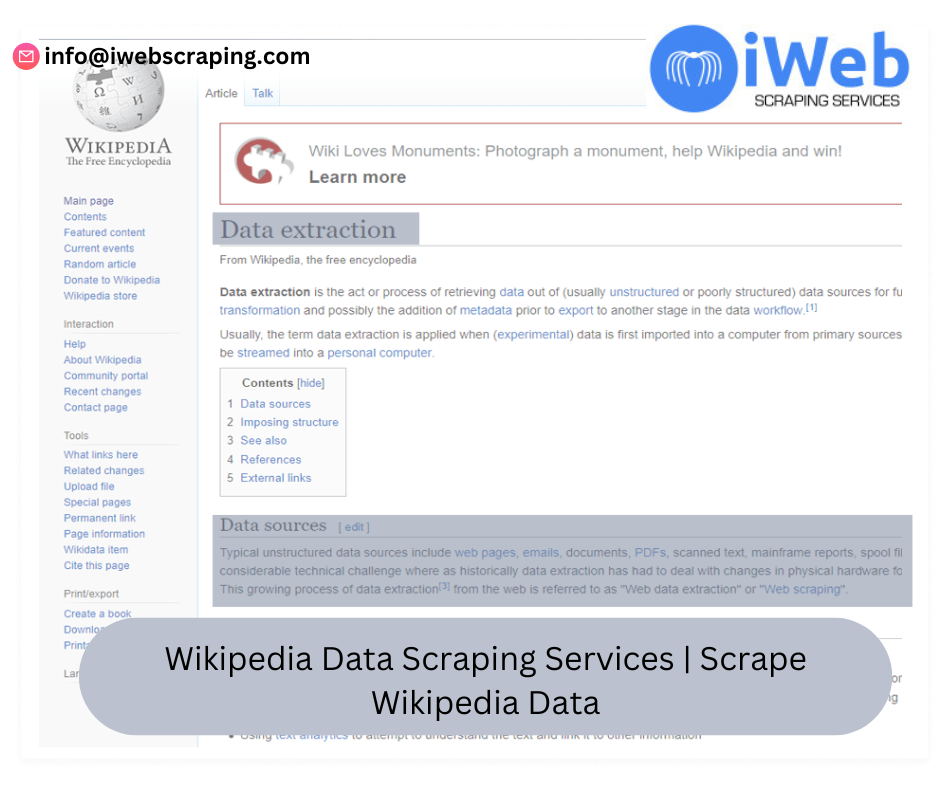
In today's digital age, data is the new gold. Businesses and individuals alike are continuously seeking ways to harness the vast amounts of information available on the web. One of the most effective methods for extracting this data is through HTML page scraping. In this comprehensive guide, we'll delve into the world of web page scraping services, explore their benefits, and provide insights on how you can leverage them for your needs.
What is HTML Page Scraping?
HTML page scraping, also known as web scraping or web harvesting, is the process of extracting data from websites. This involves parsing the HTML of a web page to retrieve useful information, which can then be analyzed, stored, or utilized in various ways. Web scraping is typically performed using automated tools or scripts that can quickly gather large amounts of data from multiple sources.
The Importance of Web Page Scraping Services
Web page scraping services have become increasingly popular due to the sheer volume of data available online. These services offer several advantages:
Automated Data Collection: Scraping services automate the tedious process of data collection, saving time and effort. This is particularly useful for businesses that need to gather information from multiple sources regularly.
Real-Time Data Access: With scraping services, you can access real-time data updates. This is crucial for industries like finance, e-commerce, and market research, where timely information is key to making informed decisions.
Competitive Analysis: By scraping competitors' websites, businesses can gain insights into their strategies, pricing, and product offerings. This helps in staying ahead of the competition.
Market Research: Web scraping allows for the collection of vast amounts of data for market research purposes. This includes customer reviews, product trends, and industry news, providing valuable insights for strategic planning.
Content Aggregation: For bloggers and content creators, scraping services can be used to aggregate content from various sources, ensuring that your platform stays updated with the latest information.
How Do HTML Page Scraping Services Work?
Web scraping services use various techniques to extract data from websites. Here are some common methods:
HTML Parsing: This involves analyzing the HTML structure of a web page to locate and extract specific data. Tools like BeautifulSoup (Python) and Cheerio (JavaScript) are commonly used for HTML parsing.
Web Crawlers: Web crawlers or spiders systematically browse the web, indexing pages and following links to gather data. These crawlers can be configured to target specific websites or data types.
APIs: Some websites provide APIs (Application Programming Interfaces) that allow for direct data access. While not technically scraping, using APIs can be a more efficient way to gather data from compliant sites.
Headless Browsers: Headless browsers like Puppeteer and Selenium simulate real user interactions with websites. They can navigate complex web pages, execute JavaScript, and capture dynamic content that may not be accessible through simple HTML parsing.
Choosing the Right Web Page Scraping Service
When selecting a web page scraping service, consider the following factors:
Ease of Use: Look for services that offer user-friendly interfaces and require minimal technical knowledge. Some platforms provide visual scraping tools that allow you to point and click to extract data.
Scalability: Ensure that the service can handle large volumes of data and scale with your needs. This is particularly important for businesses that require extensive data collection.
Data Quality: The accuracy and reliability of the extracted data are crucial. Choose services that offer robust data cleaning and validation features to ensure high-quality results.
Compliance: Be aware of the legal and ethical considerations surrounding web scraping. Choose services that comply with relevant regulations and respect website terms of service.
Support and Documentation: Opt for services that provide comprehensive documentation and responsive customer support. This will help you troubleshoot issues and maximize the benefits of the service.
Popular Web Page Scraping Tools and Services
Several tools and services cater to various web scraping needs. Here are a few popular options:
BeautifulSoup: A Python library for parsing HTML and XML documents. It's great for beginners and offers powerful data extraction capabilities.
Scrapy: An open-source web crawling framework for Python. It's highly customizable and suitable for large-scale scraping projects.
Octoparse: A visual scraping tool that allows you to extract data without coding. It's user-friendly and offers cloud-based scraping services.
ParseHub: Another visual scraping tool that supports complex scraping scenarios. It can handle dynamic content and provides easy-to-use features.
Diffbot: An AI-powered web scraping service that uses machine learning to extract data. It offers API access and is ideal for developers.
Conclusion
HTML page scraping services have revolutionized the way we access and utilize web data. Whether you're a business looking to gain a competitive edge, a researcher seeking valuable insights, or a content creator in need of fresh information, web scraping can be a powerful tool in your arsenal. By understanding the basics of web scraping and choosing the right service, you can unlock the full potential of the vast data available online.

















.png)
.png)
.jpg)
Write a comment ...